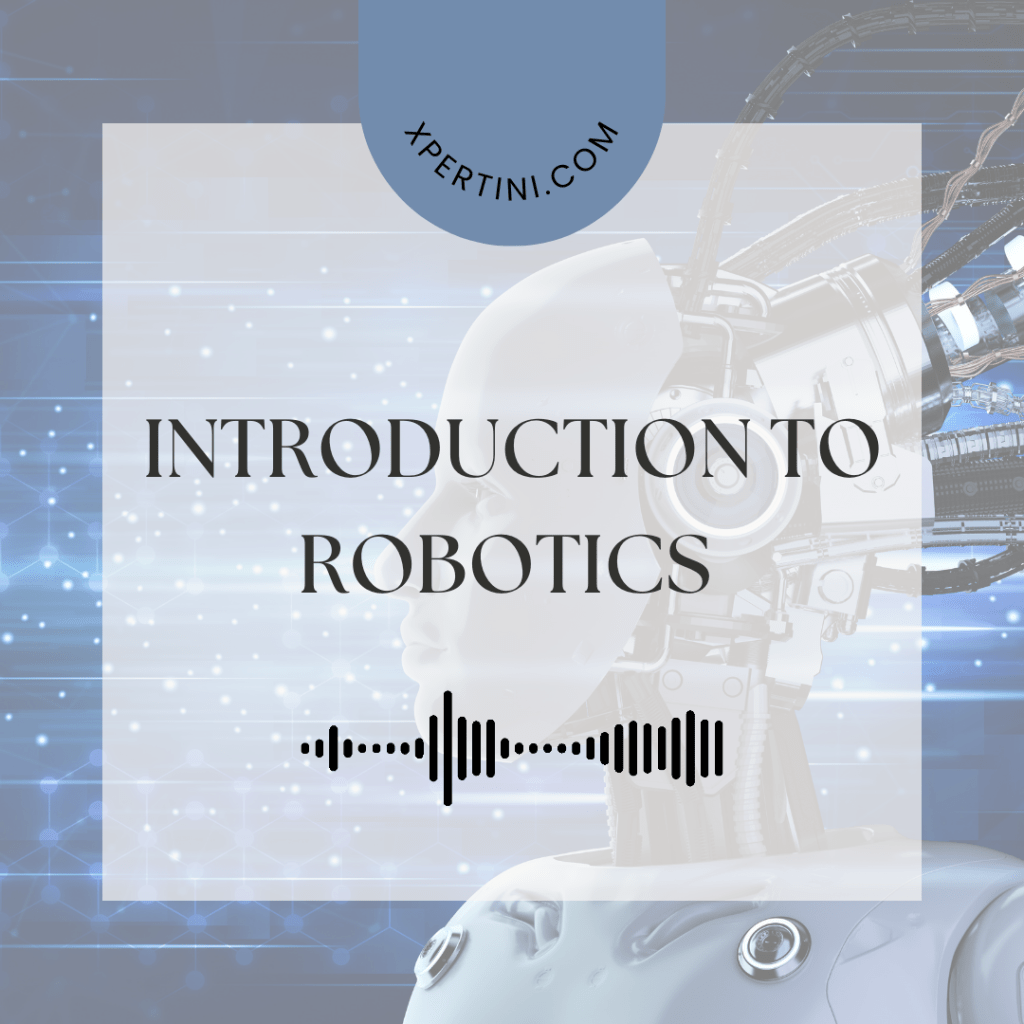Introduction to Robotics
Course Summary
This comprehensive course on Introduction to Robotics provides a thorough exploration of the diverse field of robotics. Aimed at those aspiring to build a career in this technologically advanced domain or individuals seeking to enhance their knowledge, the course navigates through ten engaging lessons. The course commences with an insightful overview, emphasizing the pivotal role robotics plays in modern society. It sets clear objectives, delineating the path for learners to gain profound insights into the world of robots. The course unfolds with ten outcomes, guiding learners in understanding the foundations, historical evolution, and various types of robots. From an introduction to the interdisciplinary aspects connecting robotics with computer science and engineering to exploring the ethical considerations surrounding this evolving technology, each lesson delivers valuable insights. The course extends into artificial intelligence, delving into the symbiotic relationship between AI and robotics, illustrated through case studies and practical examples. As learners progress, they encounter current trends and advancements, exploring emerging technologies that shape the industry and research landscape. The course concludes with a robust discussion on challenges, future prospects, and real-world applications, bridging the theoretical knowledge with practical implications. The final lesson is a comprehensive guide to the myriad career opportunities in robotics. It assists learners in navigating diverse career paths, understanding essential skills, and envisioning the future of their careers in this rapidly evolving field. Throughout the course, a balance of theoretical foundations, practical applications, and real-world insights ensures a holistic and engaging learning experience, empowering individuals to start a fulfilling journey in robotics.
Course Overview
This course provides a comprehensive introduction to the field of robotics, exploring its history, principles, and applications. Participants will gain insights into various types of robots, their functionalities, and potential career opportunities in this rapidly evolving field.
Course Objectives
Understand the fundamental principles of robotics.
Explore the historical development of robotics and its impact on society.
Gain knowledge about different types of robots and their applications.
Develop an appreciation for the interdisciplinary nature of robotics.
Analyze the ethical considerations related to robotics.
Recognize the role of artificial intelligence in robotics.
Explore the current trends and advancements in robotic technology.
Understand the challenges and future prospects of robotics.
Acquire knowledge about real-world applications of robotics.
Explore potential career paths in the field of robotics.
Course Outcomes
- Articulate the fundamental principles underlying robotic systems.
- Analyze and discuss the historical evolution of robotics and its impact on modern technology.
- Categorize and differentiate between various types of robots based on their functionalities.
- Demonstrate interdisciplinary knowledge by connecting robotics with related fields such as computer science and engineering.
- Evaluate ethical considerations associated with the use of robots in different contexts.
- Recognize the role of artificial intelligence in enhancing robotic capabilities.
- Stay informed about current trends and emerging technologies in the field of robotics.
- Identify and analyze challenges faced by the robotics industry and propose potential solutions.
- Apply their knowledge of robotics to real-world scenarios, identifying practical applications.
- Explore and evaluate career opportunities in the diverse field of robotics.
Course Audience
Students interested in pursuing a career in robotics.
Professionals seeking to enhance their knowledge in the field.
Individuals curious about the interdisciplinary aspects of robotics.
Anyone fascinated by the evolution and applications of robotic technology.

